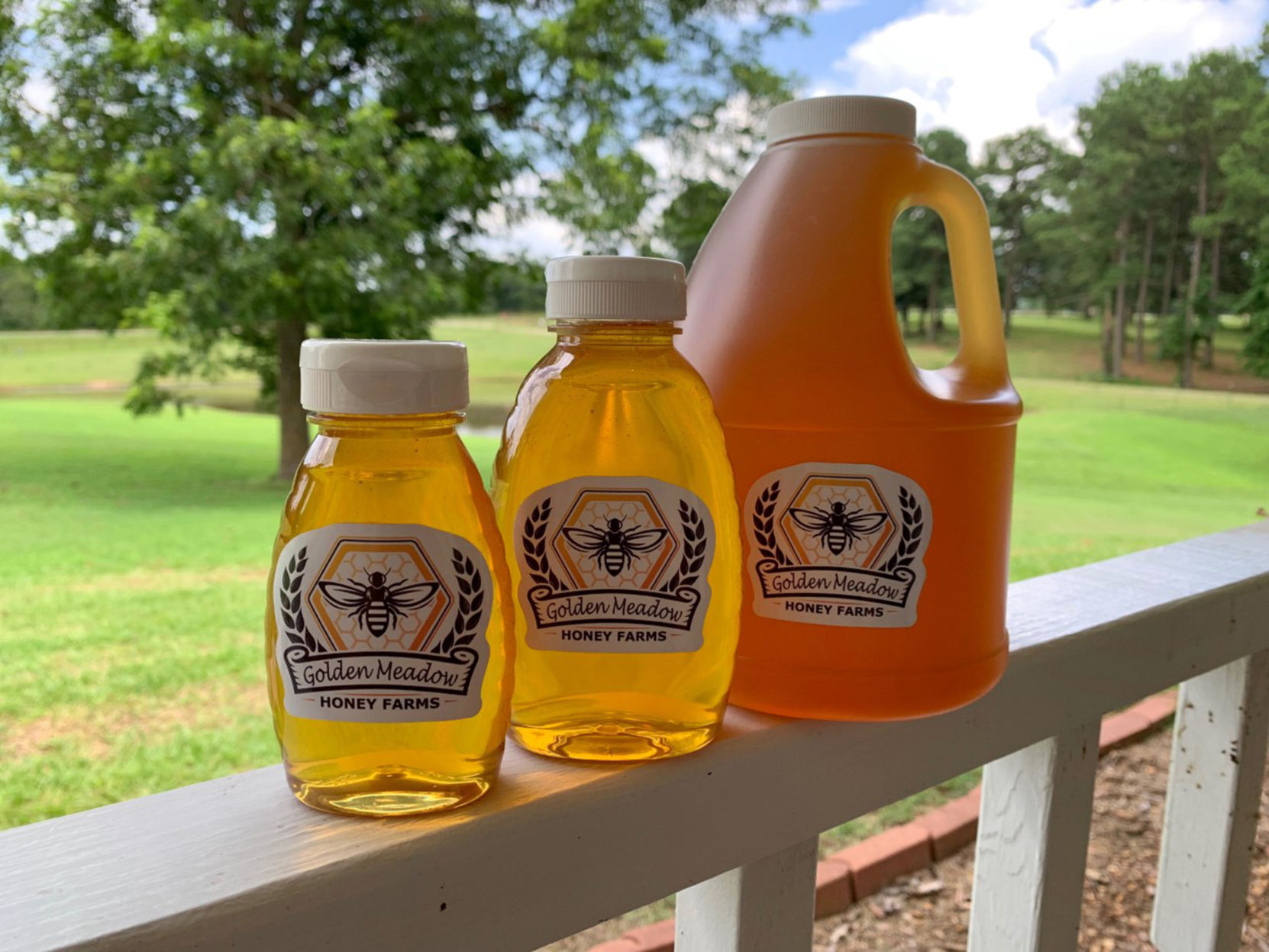
The case has been filed in California on behalf of beekeepers by Kelvin Adee, owner of Adee honey farms, the largest commercial beekeeper in the US Henry’s Bullfrog Bees, based in Winters, California and Golden Prairie honey farms, a Kansas not-for-profit organisation. As Magista says, “Bees are essential to our ecosystem and help pollinate produce, plants, and trees.” Losing these pollinator heavyweights could have a serious impact on the world’s food supply, something we probably need to prioritize if we plan to keep eating food, let alone honey.The class-action lawsuit aims to clear supermarket shelves of fake honey in jars and cereal packets and seeks millions of dollars in damages for lost sales and profits over the past decade.

If we’re going to demand clearer labeling on our honey bottles, we’ll need to demand transparency from the beekeeping industry as well. Fish and Wildlife Service recently putting bees on the endangered species list adds another dimension to this counterfeit honey problem. For instance, because the Food and Drug Administration hasn’t come up with a standardized legal definition for honey, bottles of the golden liquid can be labeled 100 percent pure even though they might contain unsafe chemicals and additives-not to mention added and unnecessary sugars. However, if you’re in the latter camp, you might want to consider the ethical dilemmas of mislabeled honey. So it sounds like you either have the option of doing some research and paying a premium for real, pure honey or saving a few bucks and settling on honey-flavored sugar water. Taxes drive up prices, so big companies are essentially sneaking this honey in to keep their costs low.” To curb the importation of chemical-ridden honey, the United States established high tariffs on honey imported from China.

“Large quantities of Chinese-produced honey are being 'dumped' illegally on the U.S.


 0 kommentar(er)
0 kommentar(er)
